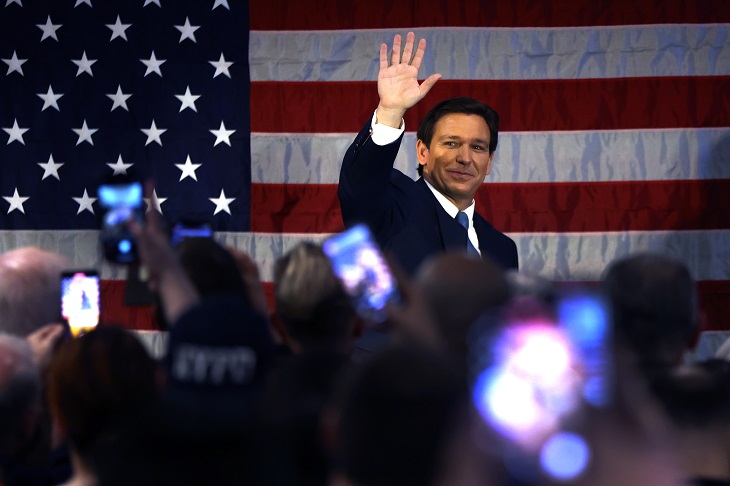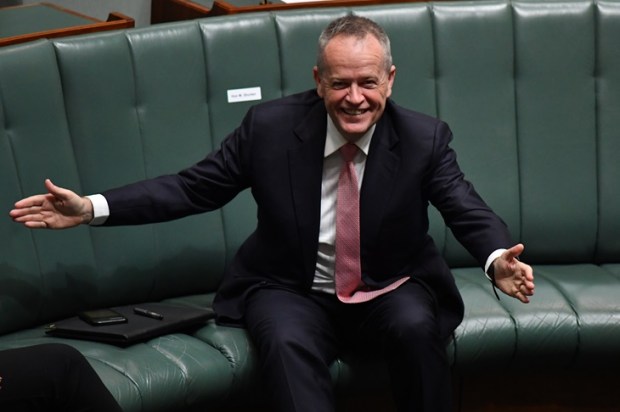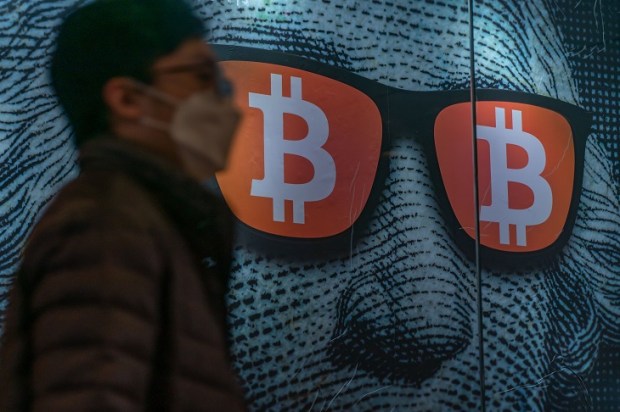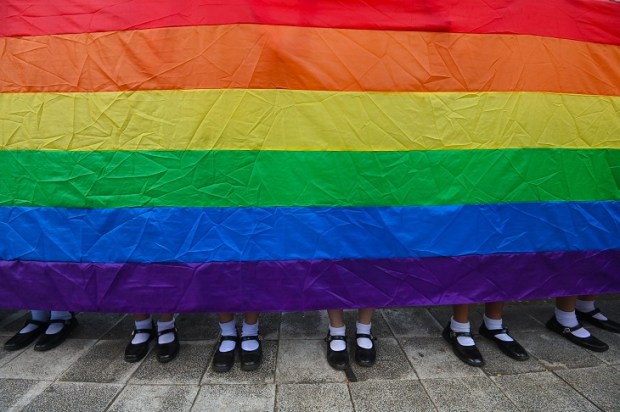Ron DeSantis has tabled a citizen vs. Silicon Valley, Digital Bill of Rights, designed to hand Floridians protections against Big Tech overreach.
Consistent with DeSantis’ pro-freedom platform, the bill’s purpose is to ‘empower Floridians in the fight’ against online fraud, groomers, and partisan political agendas.
This, DeSantis said, protects children and the elderly by creating a defence against predators, while at the same time ensuring information stays in the hands of the people.
Already a subscriber? Log in
Subscribe for just $2 a week
Try a month of The Spectator Australia absolutely free and without commitment. Not only that but – if you choose to continue – you’ll pay just $2 a week for your first year.
- Unlimited access to spectator.com.au and app
- The weekly edition on the Spectator Australia app
- Spectator podcasts and newsletters
- Full access to spectator.co.uk


























Comments
Don't miss out
Join the conversation with other Spectator Australia readers. Subscribe to leave a comment.
SUBSCRIBEAlready a subscriber? Log in